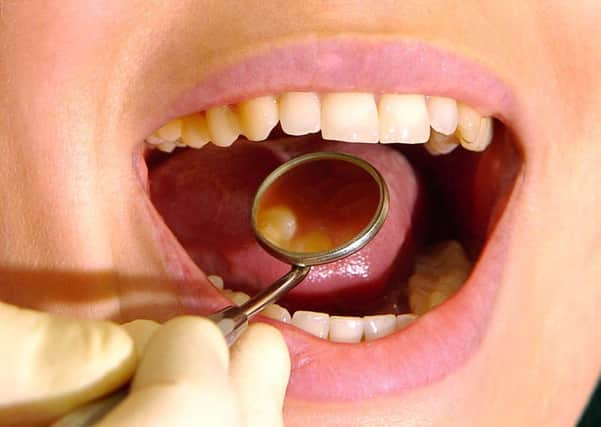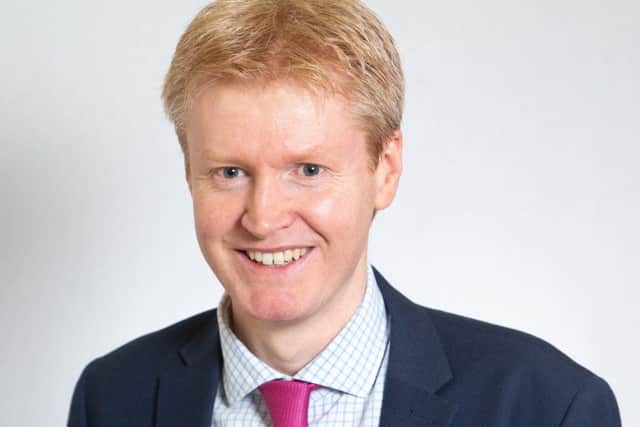GPs and dentists can face property pain – Michael Dewar


For GPs, a raft of new measures is beginning to address this. Over the last few weeks, letters from the Scottish Government awarding new NHS sustainability loans have begun arriving at GP surgeries. These loans, which can be quite generous, represent a new stream of funding for GPs, with further phased roll-outs to follow for practices which wish to apply.
In total, the Scottish Government has allocated £30 million by 2021 to such loans. This financial commitment implements in part the Code of NHS General Practice Premises of November 2017. The Code, negotiated as part of the latest GMS Contract for GPs, is designed to reduce the risks to practices through ownership or tenancies of premises. Measures include local health boards taking head responsibility for leases of new GP practices, as well as end-of-lease repair costs.
Advertisement
Hide AdAdvertisement
Hide AdSome GPs expressed scepticism when the Code was announced as to whether these measures would come to fruition. Similar commitments in the past have failed through lack of funding and sometimes GPs not knowing what they can claim. Other problems remain, particularly in relation to practices (GP and dental) within health centres or purpose-built multi-disciplinary buildings.


First, practices when taking up occupation of premises in publicly owned or financed health centres often have little clarity on occupancy costs, because there is no standardised national agreement. Too often, practices move in to new premises and only discover the true occupancy costs months later. Resulting disagreements with health boards are not uncommon.
In the case of GPs, the Code contains little of assistance to practices struggling to meet ongoing running costs for shared parts of health centre buildings. Yet often, repair and maintenance costs for shared parts exceed those for the practice premises themselves: in older health centres, leaky roofs and broken boilers typically fall within the shared parts; in newer centres of the type most recently built under 3PD leases and the Scottish Future Trust scheme, a high standard of maintenance and generous reception and other public areas can mean far higher service charge costs than practitioners would have expected.
Also regarding responsibility for shared parts of buildings, existing government premises directives are vague and not always well understood. As a consequence, NHS premises managers have an unenviable task of discerning these rules.
Dentists, for example, under their NHS financing rules are entitled to reimbursement of rent for premises to be “adjusted” to take account liability for common areas. There is no guidance, though, of the criteria to be applied by health boards in making these adjustments.
For GPs, premises directions are more detailed but some service charge reliefs appear ignored in practice. Rules that give a GP practice a reduced service charge for the first three years of occupation of a new health centre never seem to have been implemented, nor are GPs made aware of it.
There are two clear ways these issues could be addressed.
First, a modern style of standard agreement between GPs/dentists and health boards to regulate occupancy of health centres. Existing government circulars date back as far as 1980 and are clearly outmoded. South of the border, nationally agreed agreements exist – for example, the BMA negotiated style of lease for health centres – and it would be relatively easy for equivalent agreements to be intoroduced here. The second is to offer GPs and NHS committed-dentists greater protection from having to pay exorbitant running costs for shared parts of buildings.
Practices taking up occupation of health centres should be told in advance of estimated running costs. They should receive a breakdown of costs and, as a minimum, have these costs capped for the first three years. In the case of GPs, health boards should inform GPs of their rights to transitional service charge relief and fund the availability of these reliefs.
Michael Dewar is a Partner at Wright, Johnston & Mackenzie LLP.